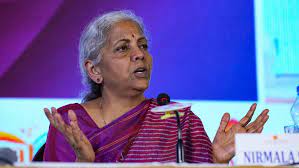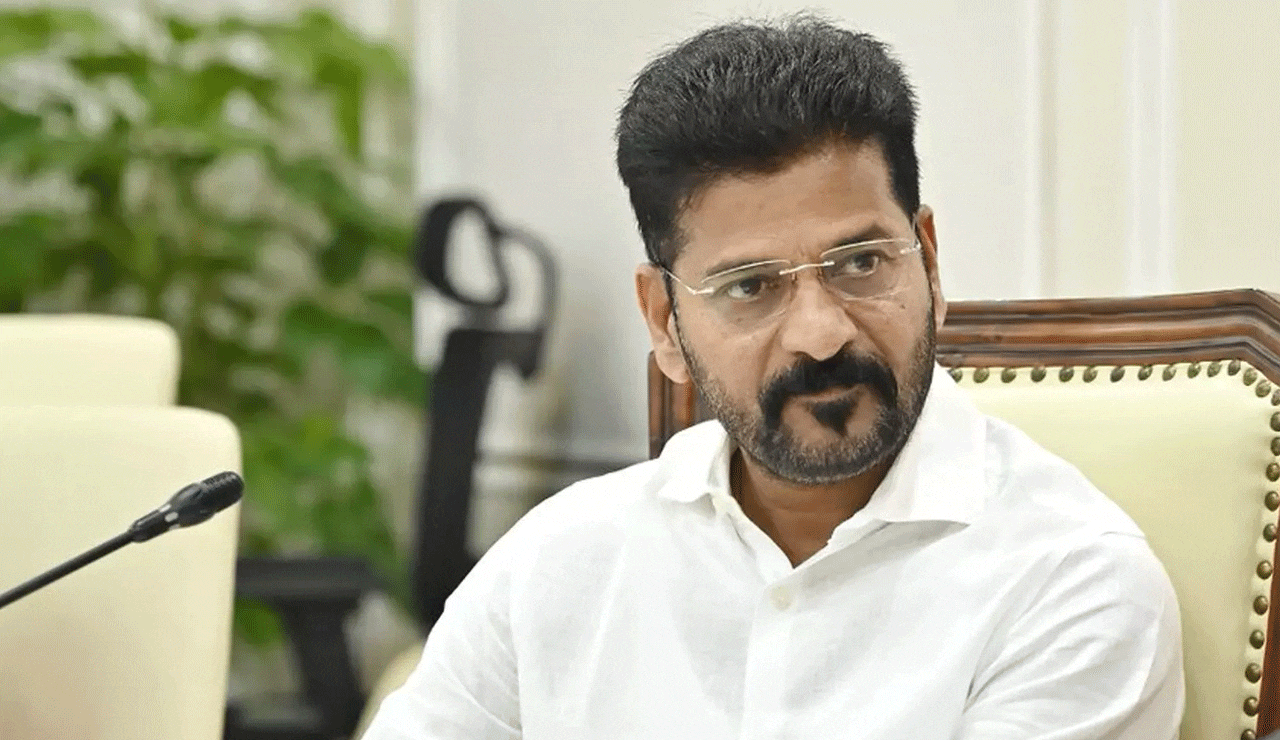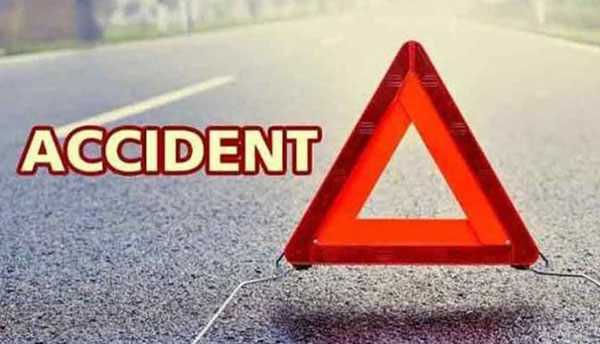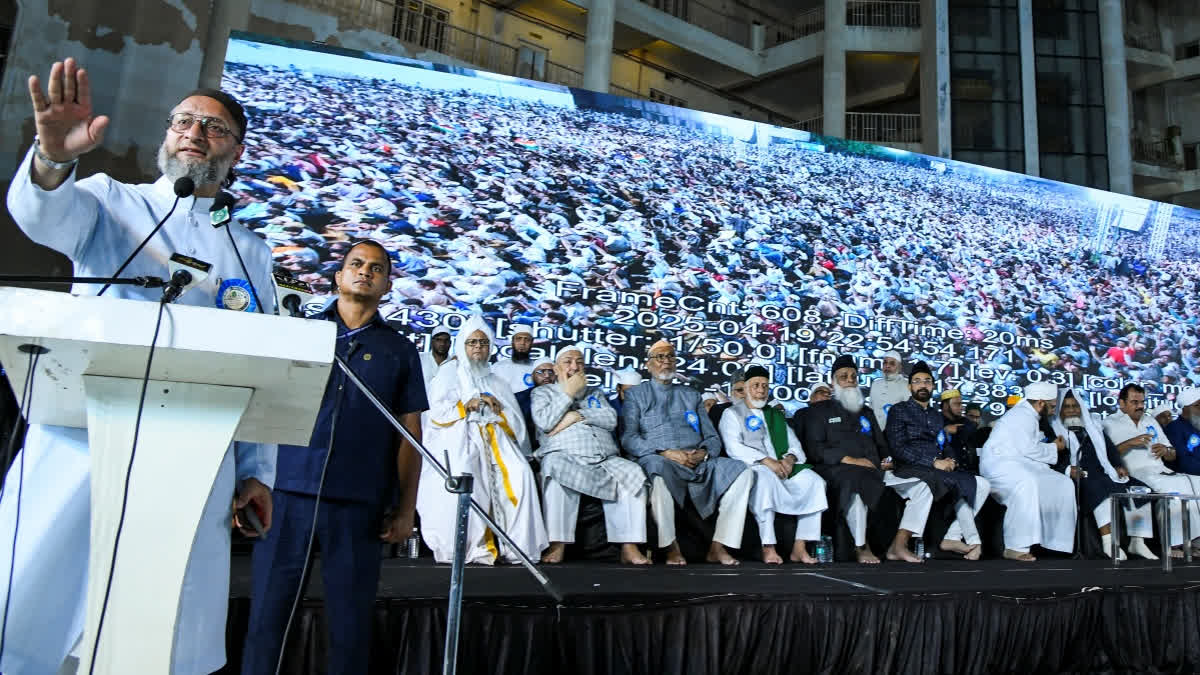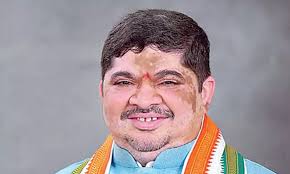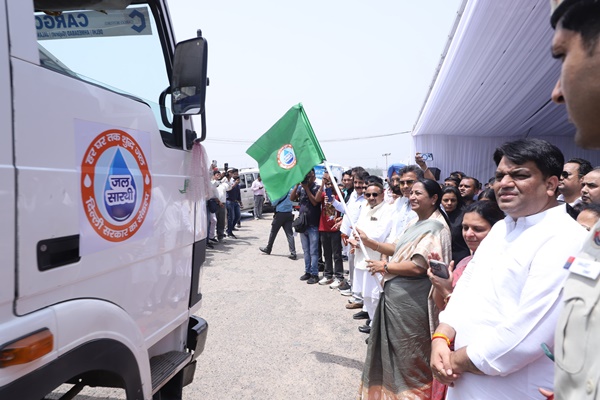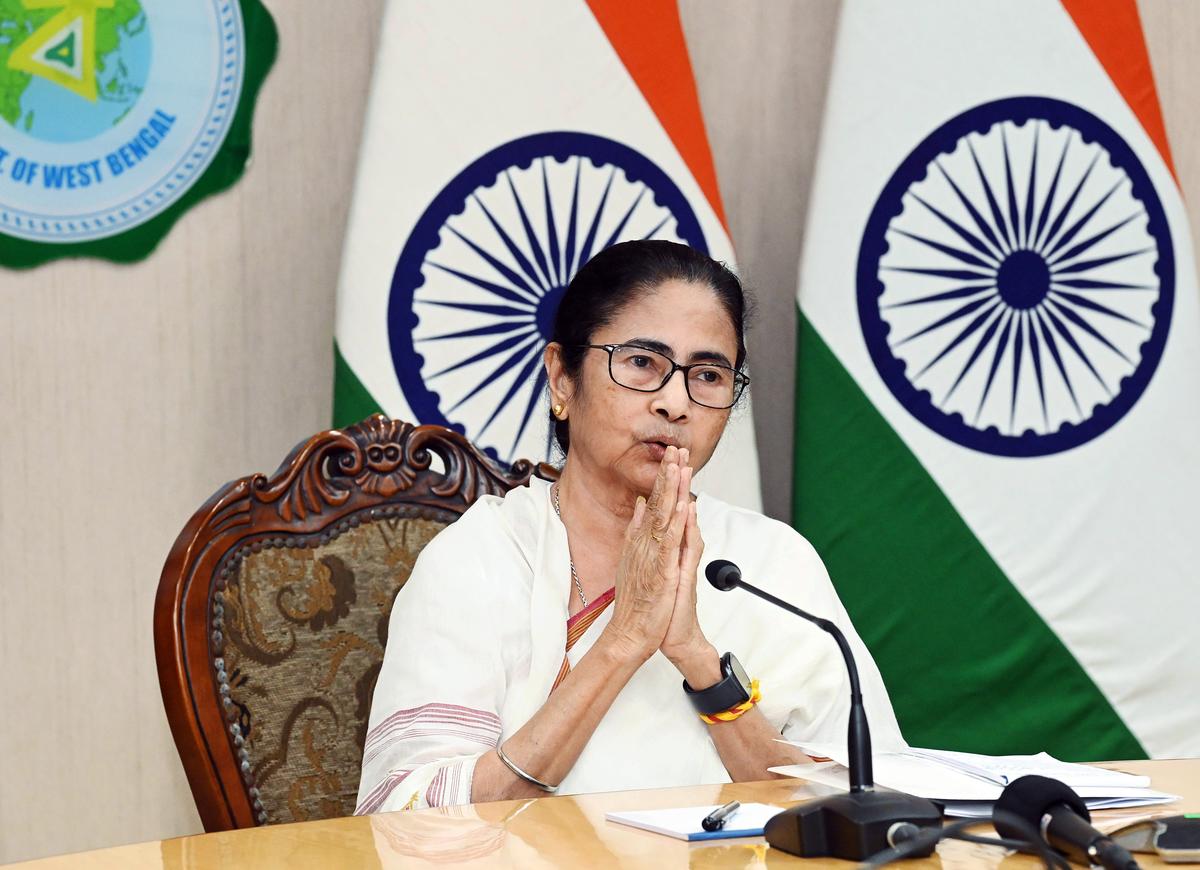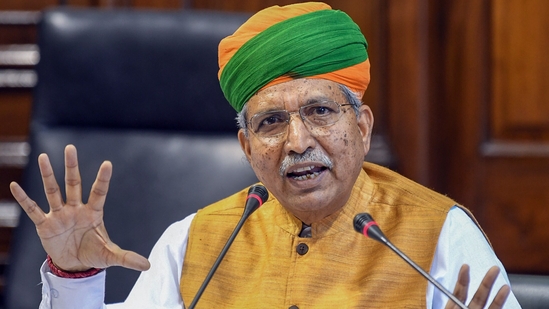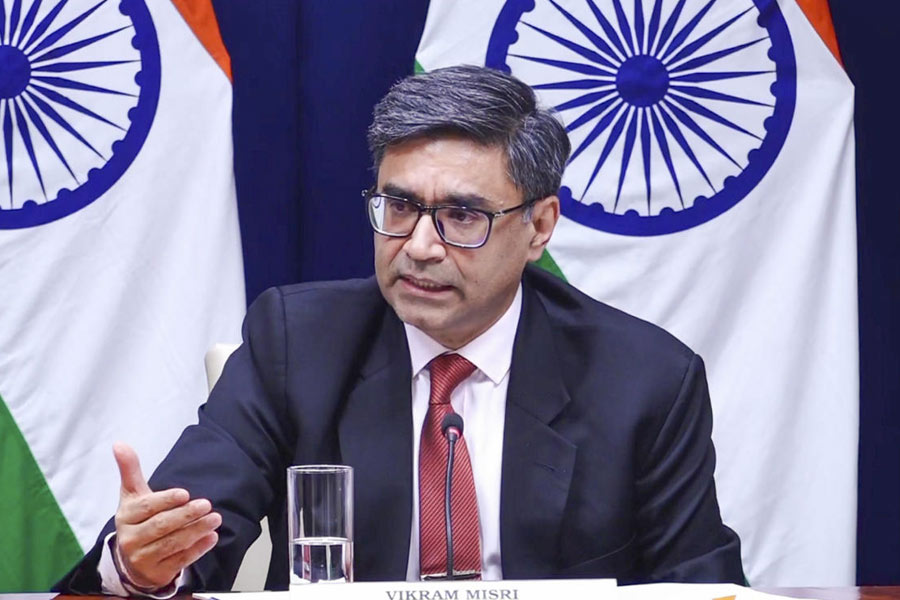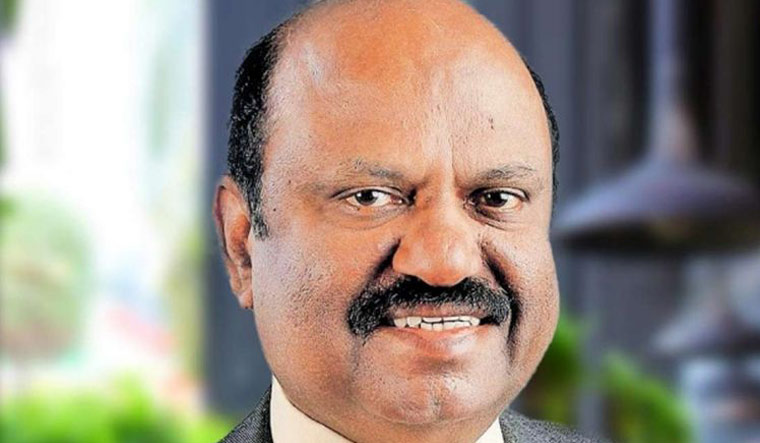Kurds offer land for independence in struggle to reshape Iraq
Sun 26 Feb 2017, 12:05:52
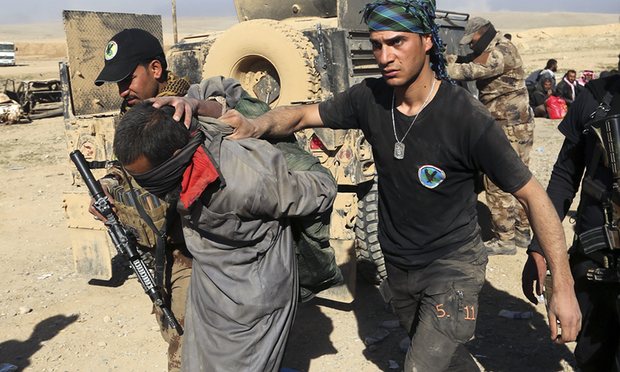
Iraqi Kurdish leaders are considering offering territory seized by their forces in the offensive to recapture Mosul from Isis as a bargaining chip in a new push for independence from Baghdad.
As Iraqi forces continue their advance towards key Isis-defended districts in west Mosul, attention is turning to what northern Iraq will look like once the jihadi group is routed. Ministers from the Kurdistan regional government (KRG) believe that one option might be offering to Baghdad land their peshmerga forces have recaptured from Isis in return for self-rule, the pinnacle of Kurdish ambition for decades.
Speaking from his office in the Iraqi Kurdistan capital of Erbil, foreign minister Falah Mustafa said that, although the Mosul alliance of Iraqi and peshmerga troops was on course to quash Isis in Iraq’s second city, the time had arrived for Kurdistan to move forward by itself.
“It’s important that the right to self-determination is put on the table – we need to put an end to this unhealthy relationship [with Baghdad]. We are neither fully integrated into Iraq, nor are we fully independent and sovereign.
“We need to sit down to discuss the future of Erbil and Baghdad, including independence. Now is the time to discuss a new formula for this relationship. What we have has failed.”
Bolstering Kurdistan’s newfound impetus for self-rule is the conviction that the Trump administration might be willing to support Kurdish dreams of independence. Already President Masoud Barzani of the Kurdistan region has “seriously discussed” independence with Mike Pence, the US vice-president.
Mustafa said: “The preliminary contacts we have had prior, during and after the US election are encouraging. We believe we have a good opportunity to further develop our ties. Soon there will be [more] contact with our leadership and the US leadership. It’s all encouraging. We are optimistic.”
His initiative comes amid calls for Sinjar, inhabited by Kurdish-speaking Yazidis, and the Nineveh Plains, a largely Christian area, to both eventually become autonomous regions along the lines of the KRG.
For the KRG itself, one potential pawn in its campaign to cut loose from Baghdad is the huge swathe of land peshmerga forces have liberated from the advance of Isis . Iraqi towns recaptured by Kurdish forces include Bashiqa, and scores of villages and thousands of square miles of territory including much of Kirkuk province, northern Diyala and Sinjar. In total, the Kurds have increased the land mass under their control by up to 40%.
Peshmerga military sources point out that such territory was won at the cost of Kurdish lives. One officer said that, in one assault alone on the former Isis stronghold of Bashiqa, 31 peshmerga fighters were killed. As of last week, 1,682 had died and 9,787 were injured during its gruelling 30-month war against Isis, an intensive campaign that has exacted a punishing toll on the region’s fragile economy.
Karim Sinjari, the minister of the interior and acting minister of peshmerga affairs, said: “The war costs a lot. The martyr families have to be taken care of, the wounded need to be treated.”
Another issue will be claiming the spoils of the victory in Mosul itself. Although the peshmerga have agreed not to enter the city, Kurdish forces were instrumental in securing and holding large areas of territory around the northern metropolis before allowing the Iraqi army to complete the mission.
When
asked what leverage Erbil was prepared to use in independence talks, Mustafa said that “of course” land was a factor to be considered. “It is an important issue. Responsibility, territory, the oil issue, finances, the airspace – all need to be discussed. We want to start this dialogue with Baghdad peacefully, recognising that we will always have a strategic relationship,” he said.
asked what leverage Erbil was prepared to use in independence talks, Mustafa said that “of course” land was a factor to be considered. “It is an important issue. Responsibility, territory, the oil issue, finances, the airspace – all need to be discussed. We want to start this dialogue with Baghdad peacefully, recognising that we will always have a strategic relationship,” he said.
Among most of the Kurdish north’s 5.5 million population, severing ties with Iraq cannot come soon enough, with the sense that Iraq’s central government no longer even pretends to care for Kurdish rights. “Baghdad wants us to be subordinate, subjugated. We reject that. The deal with a federal Iraq has failed,” said Mustafa.
He added that if Baghdad refused to recognise their arguments, they may stage a referendum to legitimise their campaign for self-rule. A previous unofficial referendum held in 2005 found that 99% were in favour out of the two million who turned out.
But it is the peshmerga’s military successes against Isis that ministers hope will provide timely influence in the quest for statehood. Donald Trump – who has vowed to “crush” Isis – has been impressed with the US-backed peshmerga’s triumphs against Isis; they have been credited with halting the Islamist militants’ 2014 surge across the country. The KRG points out that such success was achieved in spite of Baghdad, rather than because of its support.
“In the two years we are fighting Daesh [Isis], all we got from Baghdad is some ammunition. They give almost nothing to the peshmerga, not their salaries, their costs, nothing,” said Sinjari. But Sinjari also warned that, once Isis has been routed from Iraq, the dynamic that saw many Sunni Muslims initially welcome the group as liberators from the Shia-dominated forces of Baghdad might not easily be vanquished.
“Daesh will not finish quickly. Their territory will be defeated, but here [pointing to his head] they will stay. We have to solve the reason why Daesh have come. If we don’t, another will come. Al-Qaida finished, then Daesh came. Daesh finished, another comes.”
Fifty-five miles west from Sinjari’s office – the frontlines in Mosul – the latest reports reveal that Iraqi security forces are continuing to advance deeper into the city with attacks mounted against jihadi defences on several fronts. However, Sinjari warned that progress might slow down as Iraqi troops encroached upon the city’s labyrinthine historic centre and the fight descended into a slog.
“In the old city you can’t use tanks or armoured vehicles, so it’ll be a fight from house to house. But Daesh have lost many of their fighters in the eastern side, thousands. Their strongest force has been killed, especially the foreign fighters.”
The minister also warned of dirty tactics, with Islamists using some of the 750,000 civilians trapped in the densely populated city as human shields.
In the eastern side of the city – cleared last month – residents are starting to trickle back, although the KRG is still hosting 1.8 million internally displaced Iraqis and Syrian refugees from the region’s upheaval and are calling for urgent humanitarian support from the international community.
Sinjari, describing a recent trip to a local hospital, said: “In every bed they had four kids, three internally displaced people, and one local. You can see how much pressure the issue is having on our services.”
No Comments For This Post, Be first to write a Comment.
Most viewed from International
Most viewed from World
AIMIM News
Latest Urdu News
Most Viewed
May 26, 2020
Do you think Canada-India relations will improve under New PM Mark Carney?
Latest Videos View All
Like Us
Home
About Us
Advertise With Us
All Polls
Epaper Archives
Privacy Policy
Contact Us
Download Etemaad App
© 2025 Etemaad Daily News, All Rights Reserved.

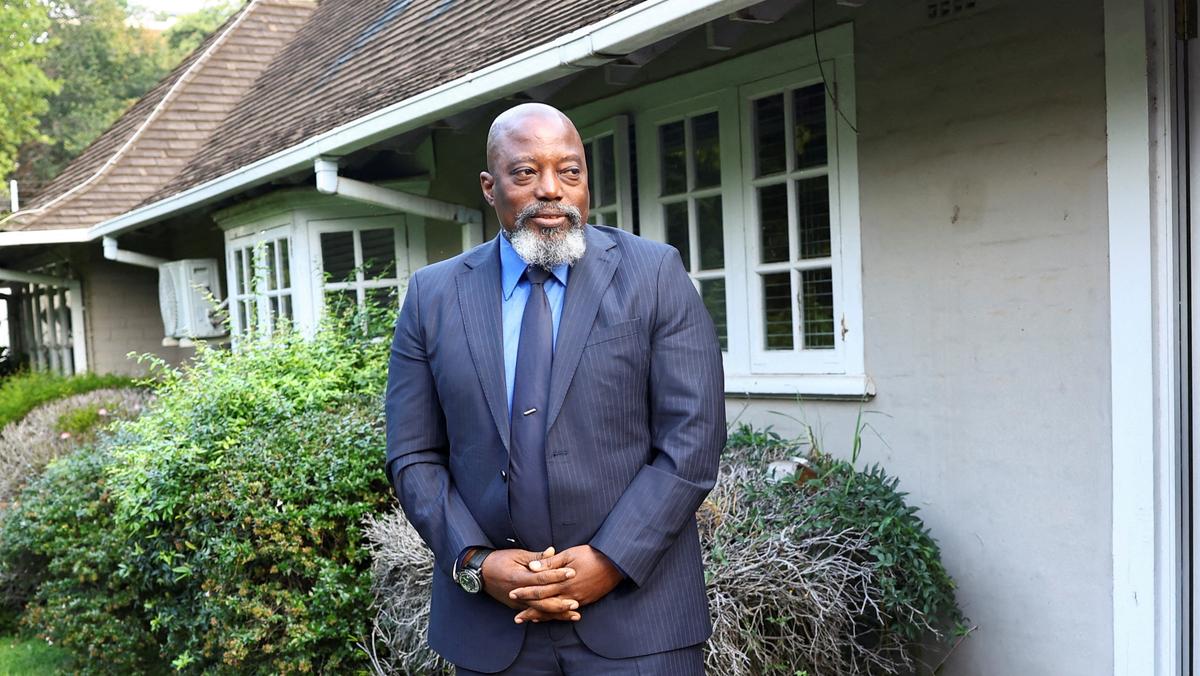
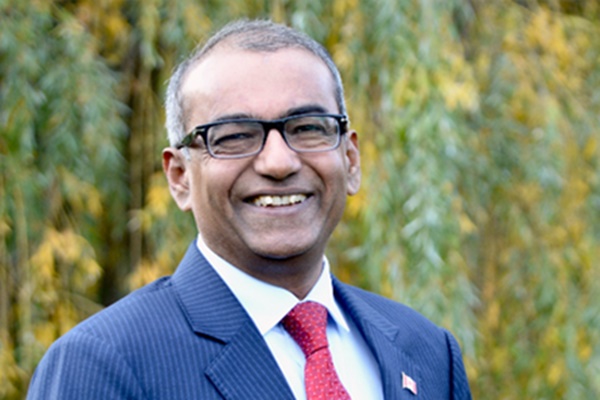
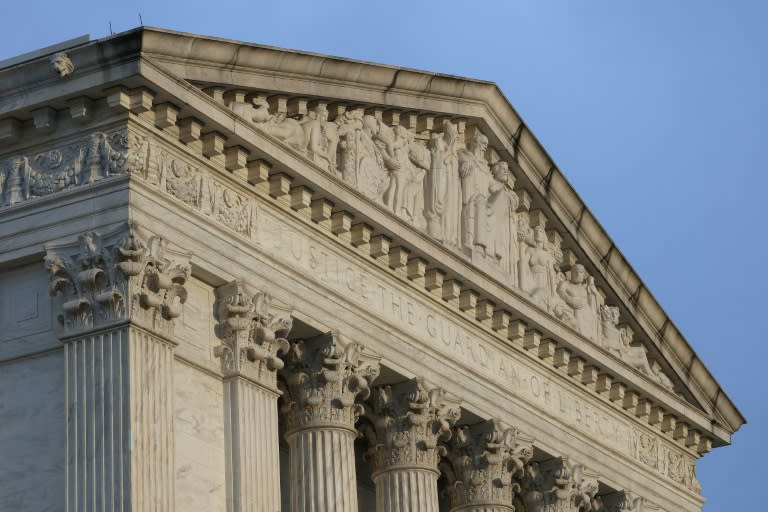
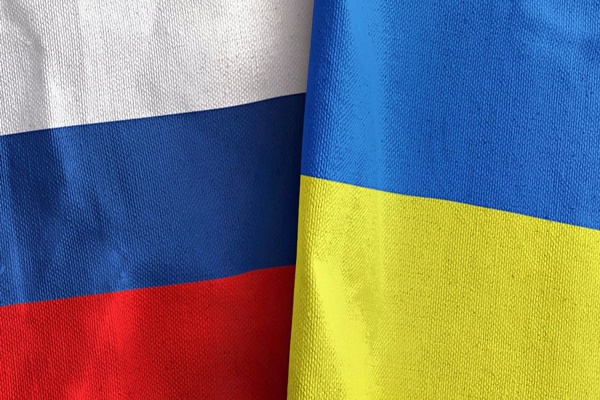
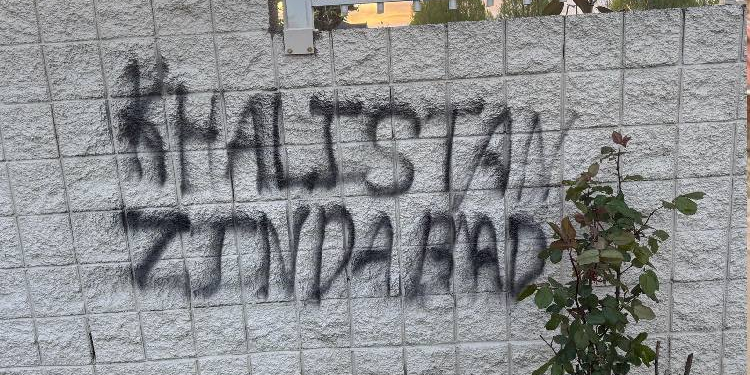
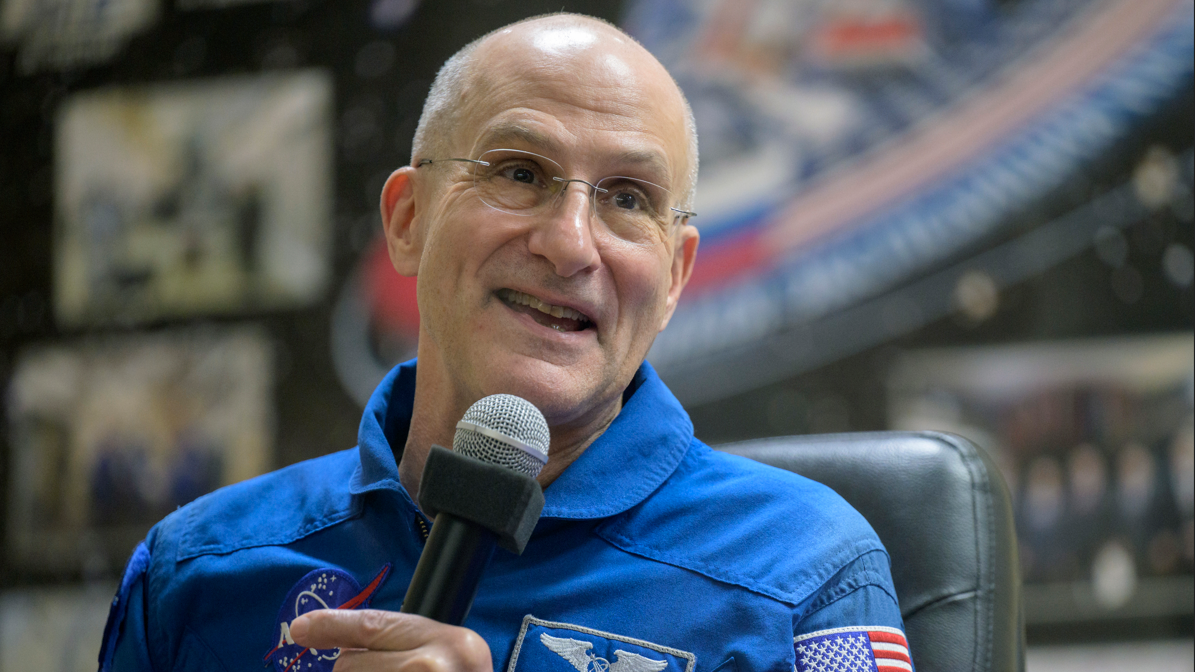
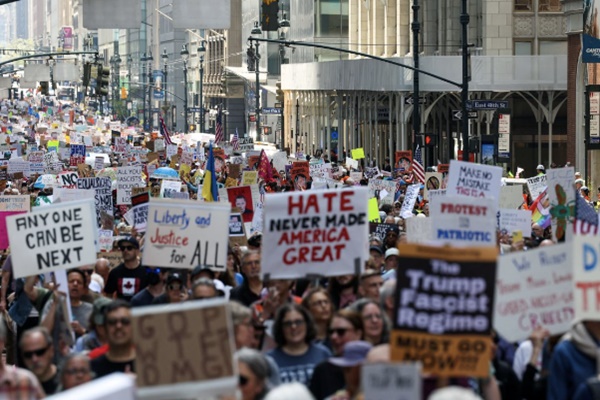


.jpg)


